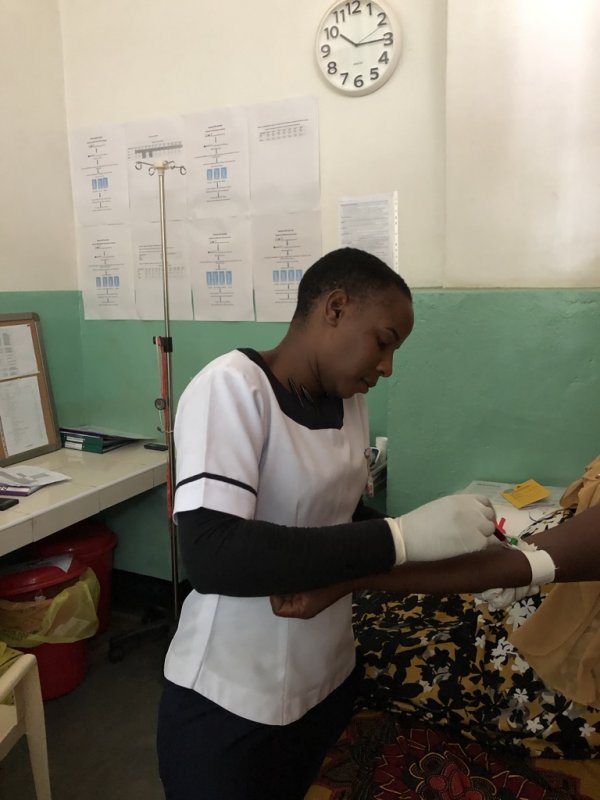The WWARN Toolkit in Action
Recently a newly formed site team in Malawi used the WWARN Malaria Clinical Trials Toolkit for their antimalarial-antiretroviral drug-drug interaction trial with pregnant women (IMPROVE DDI).

The site principal investigator, Dr Clifford Banda and his staff used the CDISC-compliant WWARN REDCap data base template as the basis for their data collection and capture and used or adapted the many WWARN standard operating procedures (SOPs) and their forms for various administrative, clinical, investigational product, quality, data management and safety aspects of their planned work.
Dr Clifford Banda says: "The resources from the Toolkit have really been instrumental in helping us prepare and set up our EDCTP-funded pharmacokinetic trial in Malawi. The platform is easy to navigate and the resources were seamless to use or adapt for our study. We believe that the data we will generate from the study will be of high quality and in a standardised format. We trust that it can easily be shared with other investigators within the malaria community as we are using the CDISC compliant WWARN database template. This will be important for purposes of data sharing to generate evidence that informs malaria prevention and treatment guidelines in vulnerable populations such as pregnant women. I would like to encourage other researchers to utilise this platform when setting up malaria clinical studies."
Dr Elizabeth Allen, who coordinates the WWARN Malaria Clinical Trials Toolkit also found this a valuable exercise. "I learnt a lot from working with the IMPROVE DDI team while they were selecting and adapting tools and will, for instance, make some changes to our template SOP formatting to make these easier for sites to build their own quality system for current and future trials. I am also really pleased that the team have contributed forms they developed back to the Toolkit, allowing it to grow in its range and usefulness. Our commitment is to support investigators to plan and run trials in as efficient manner as possible; the operational aspects can make or break a trial, and learning from each other will prevent 'reinventing the wheel' and losing valuable time when getting a trial started."
The Clinical Trials Toolkit is a step-by-step guide for researchers on how to plan, design, and execute their trials. The platform has embedded links to important external resources and a wide range of downloadable tools and templates for researchers to adapt to their own site's needs. WWARN encourages feedback on the resources and would like to hear from those who have a resource they believe would be useful to share with the malaria clinical trials community.
If you have any feedback on the clinical trial toolkit or ideas for new resources, let us know by emailing info@wwarn.org.

This project is part of the EDCTP2 Programme supported by the European Union

